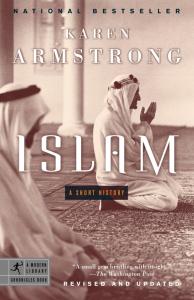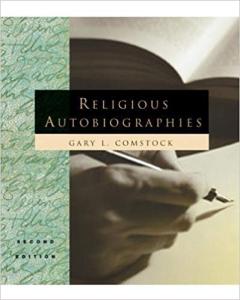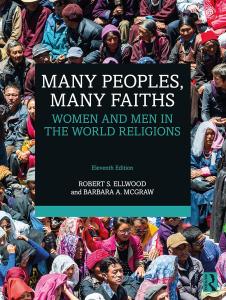Unveiling the Essence of Islam:
A Critical Analysis of 'The Religion and the People' by Lewis and Churchill
Islam, one of the world's largest and fastest-growing religions, has been subject to much scrutiny and misunderstanding in recent years. It is often portrayed negatively, with many misconceptions surrounding its beliefs and practices. To gain a deeper understanding of this complex and diverse faith, Islam: The Religion and the People by renowned scholars Bernard Lewis and Buntzie Ellis Churchill is a great place to start.
The book begins with a comprehensive overview of the history and development of Islam. Lewis and Churchill trace the origins of Islam back to the 7th century, with the birth of Prophet Muhammad and the revelation of the Quran. They then delve into the expansion of Islam through conquests and trade, as well as its influence on the arts, sciences, and literature. The authors also shed light on the diverse sects within Islam, such as Sunni, Shia, and Sufi, and their different interpretations of the religion.
One of the most valuable aspects of this book is its exploration of Islam's core beliefs and practices. Lewis and Churchill provide a detailed explanation of the Five Pillars of Islam – Shahadah (declaration of faith), Salah (prayer), Zakat (charity), Sawm (fasting), and Hajj (pilgrimage). They also discuss the role of the Quran and the Hadith (sayings and actions of Prophet Muhammad) in guiding the lives of Muslims. The book also delves into the concept of jihad and its various interpretations, dispelling common misconceptions about it.
Another important theme in the book is the role of women in Islam. Lewis and Churchill address the stereotypes and misconceptions surrounding the treatment of women in Islam and provide a nuanced perspective on the rights and responsibilities of women in the religion. They also shed light on the contributions of Muslim women throughout history, challenging the notion that Islam is oppressive towards women.
One of the most intriguing chapters in the book is the one on Islamic law. Lewis and Churchill explain the sources and principles of Islamic law and its application in different parts of the world. They also discuss the differences between Sharia law and the laws of modern Muslim countries, highlighting the complex relationship between religion and state in the Islamic world.
The book's final section focuses on the contemporary challenges facing Islam and its followers. The authors address issues such as the rise of extremism and terrorism, the impact of colonialism and modernization on traditional Islamic societies, and the relationship between Islam and the West. They also provide insights on how Muslims can navigate these challenges while staying true to their faith.
In conclusion, Islam: The Religion and the People by Bernard Lewis and Buntzie Ellis Churchill is a comprehensive and enlightening book that provides a thorough understanding of Islam. It dispels common misconceptions and stereotypes and offers a nuanced perspective on the religion and its followers. Whether you are a student, a researcher, or simply curious about Islam, this book is a must-read for anyone seeking a deeper understanding of this global faith.






